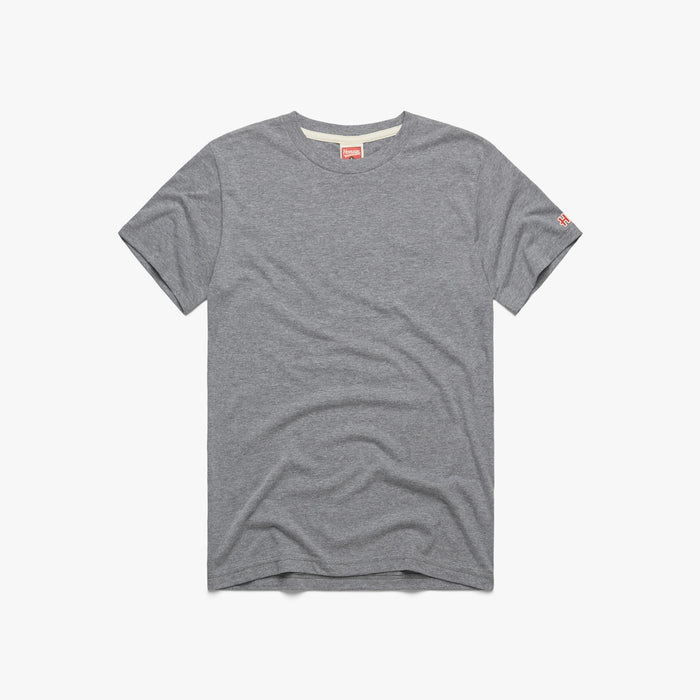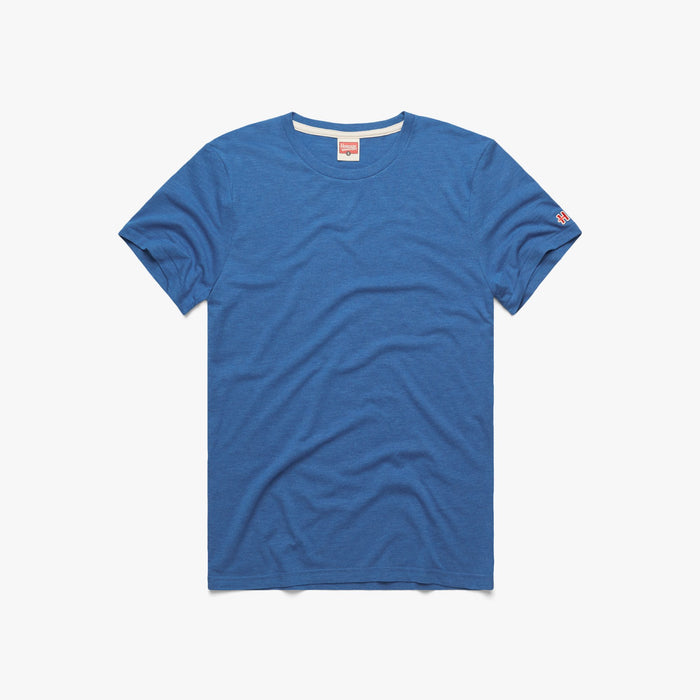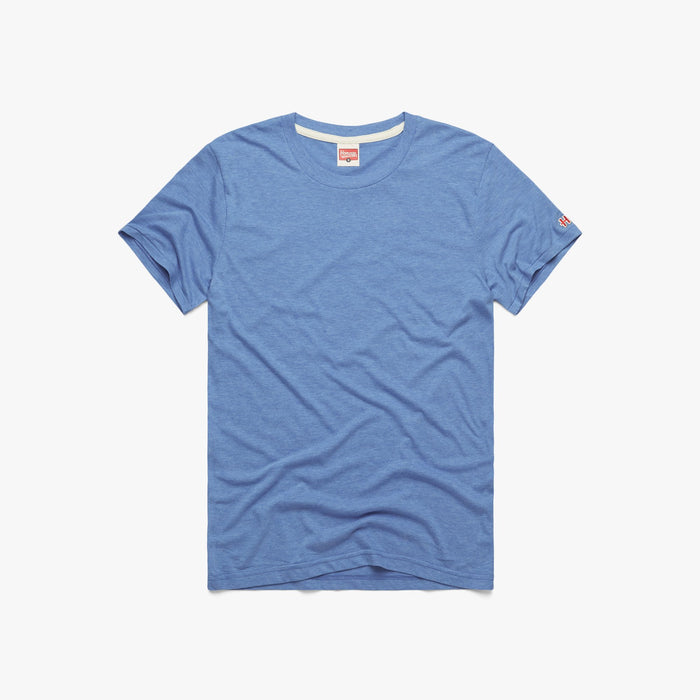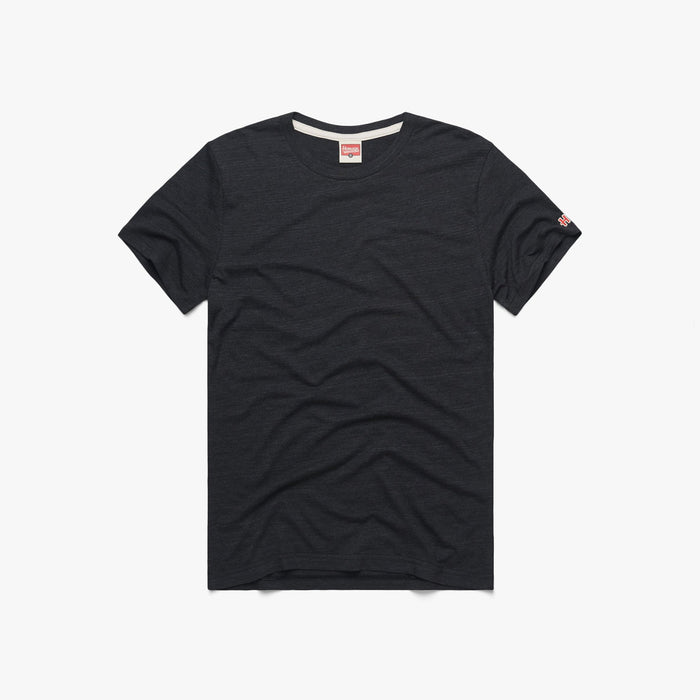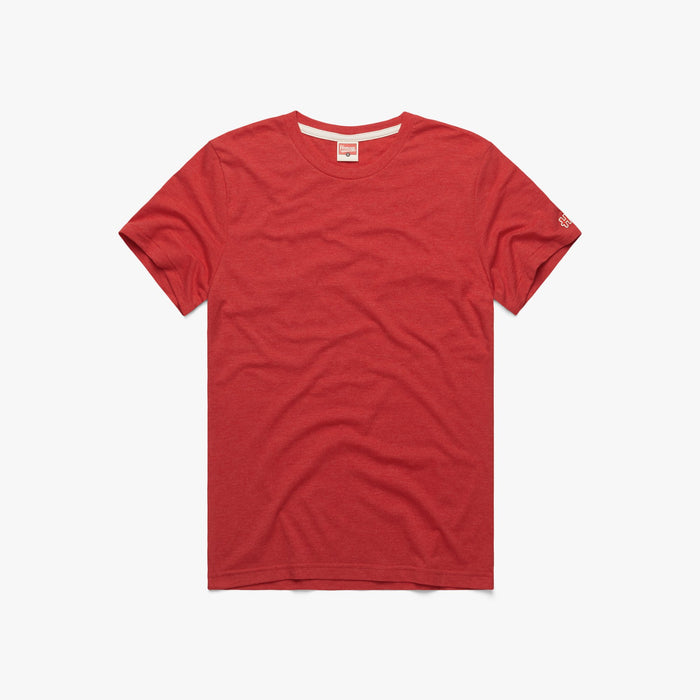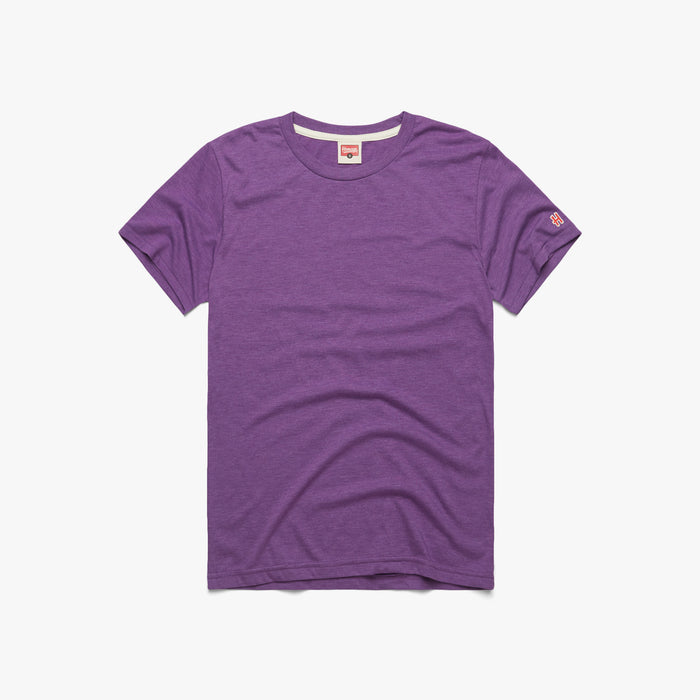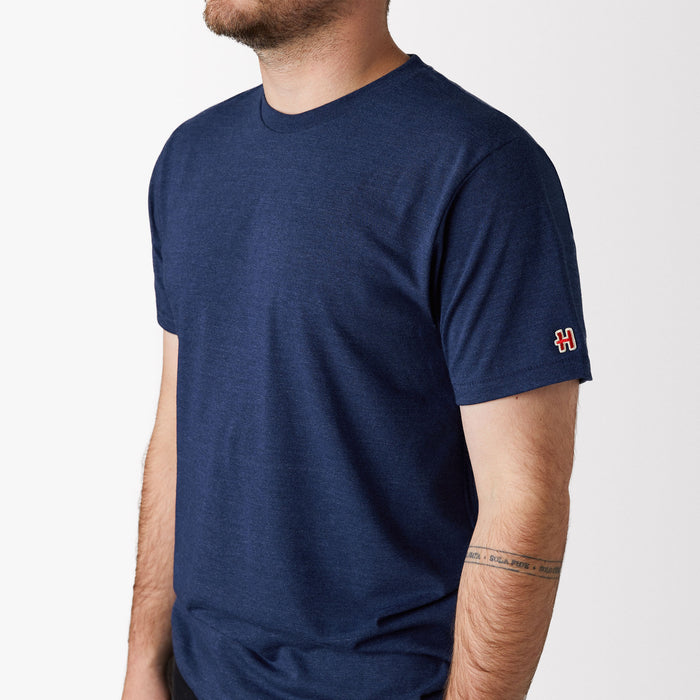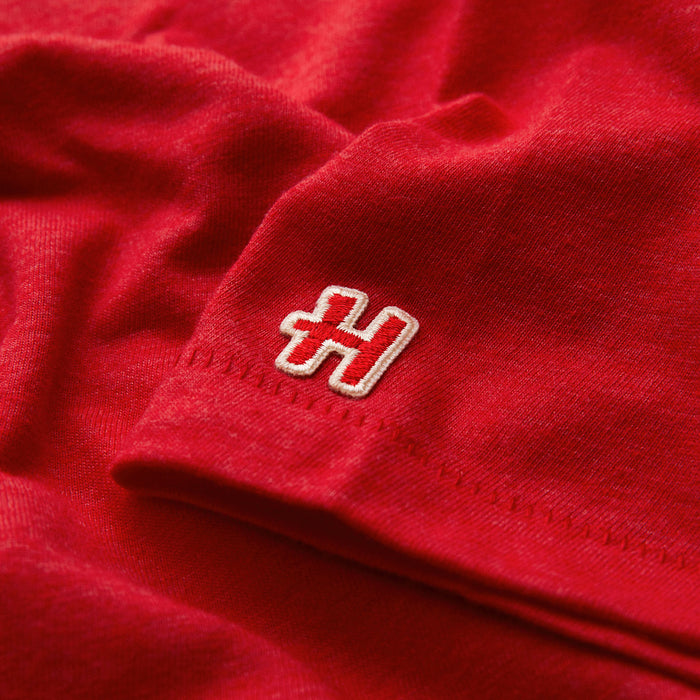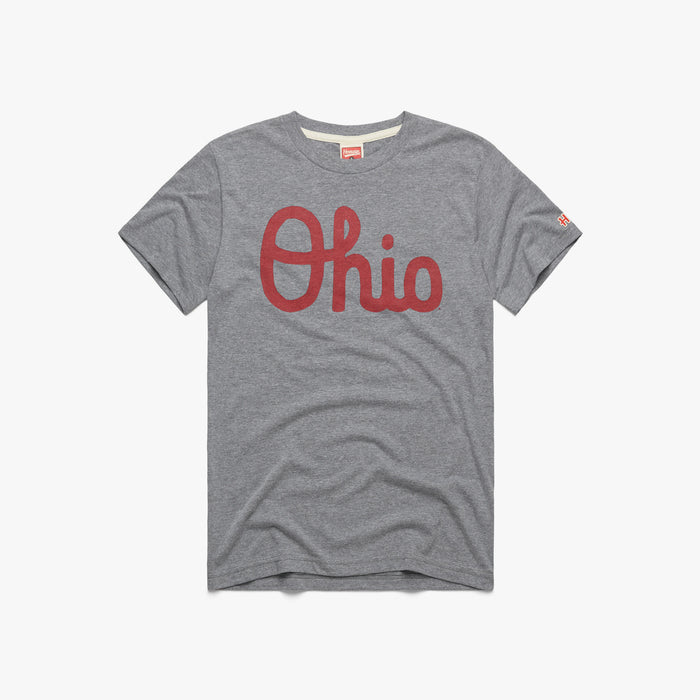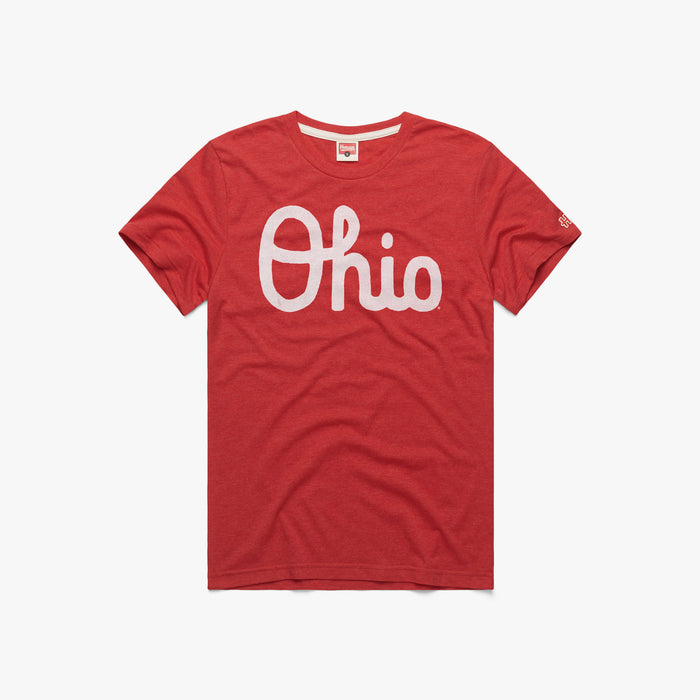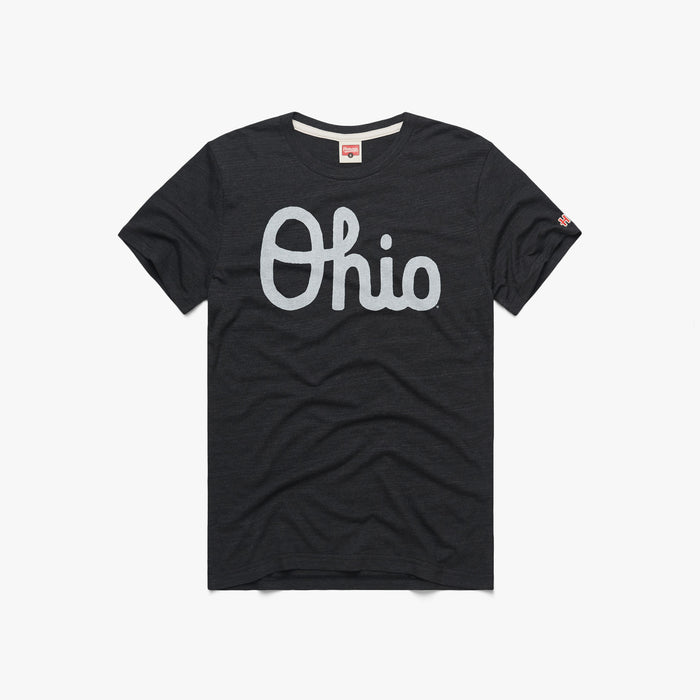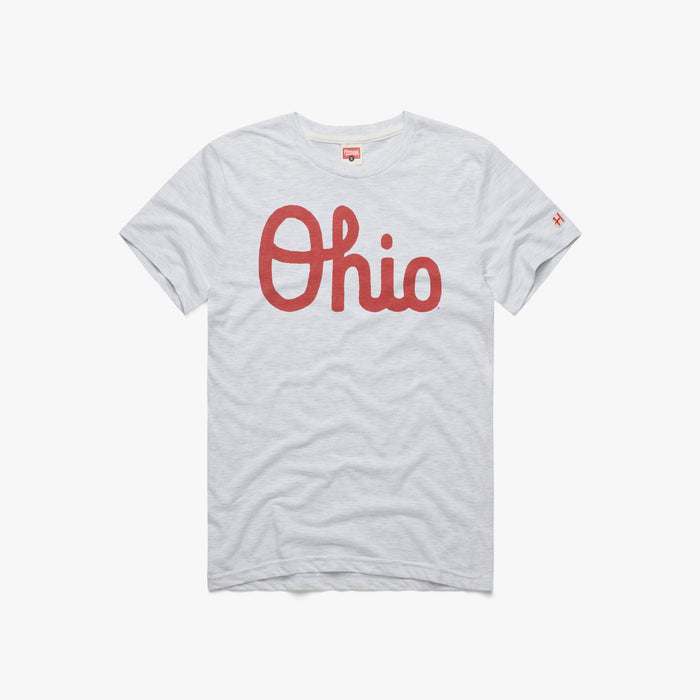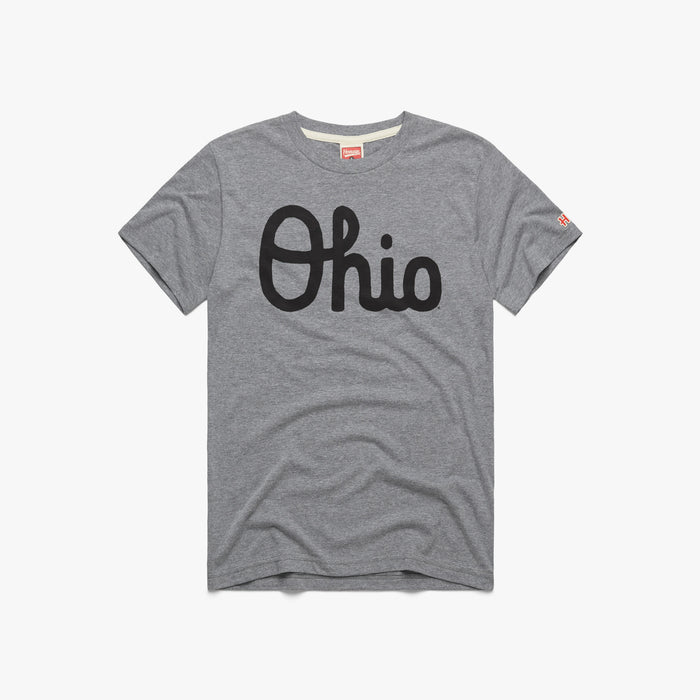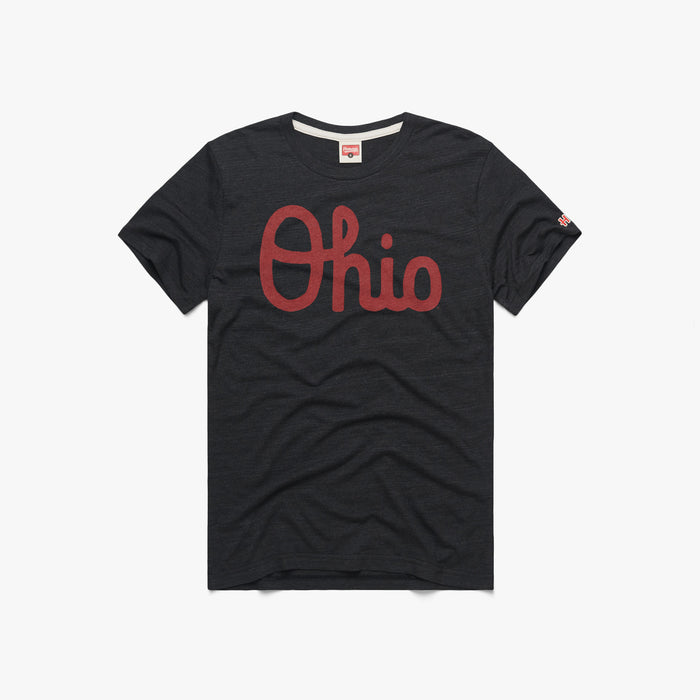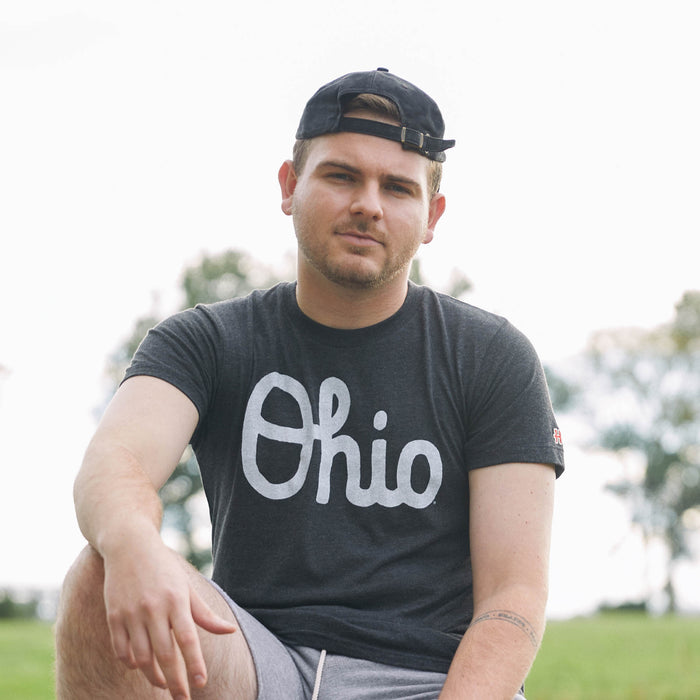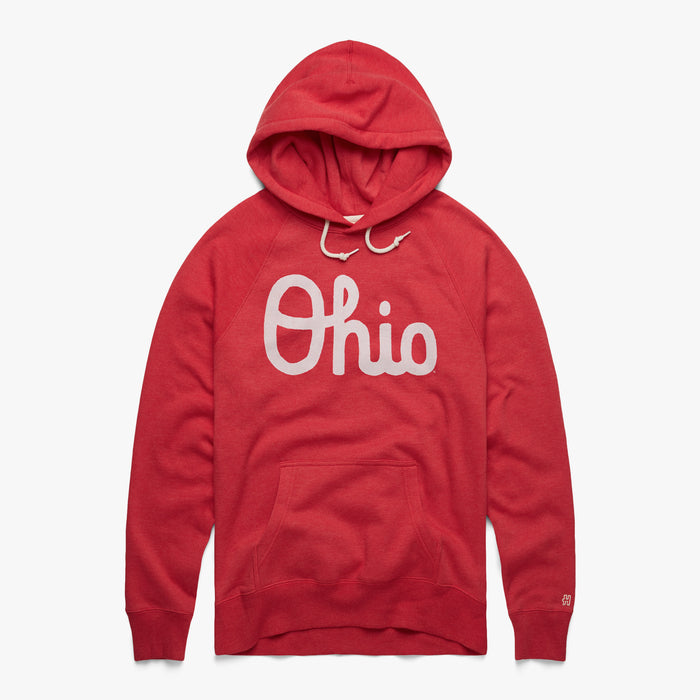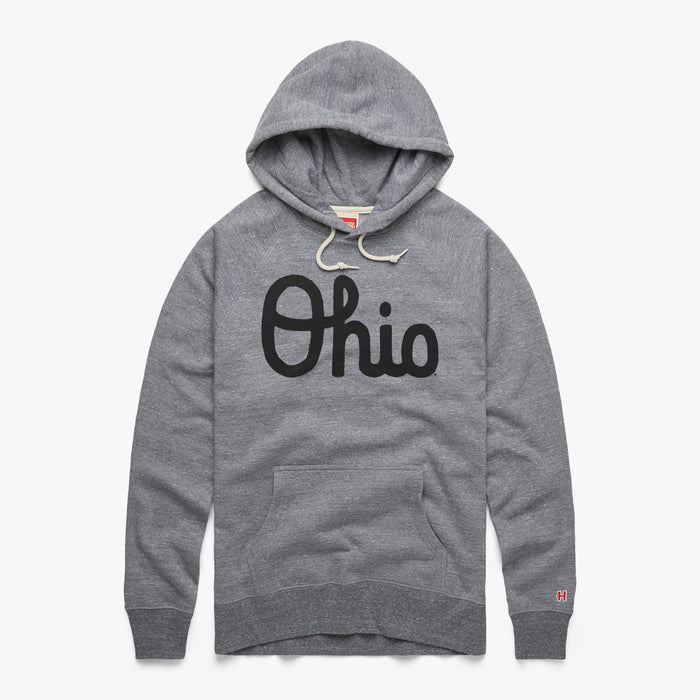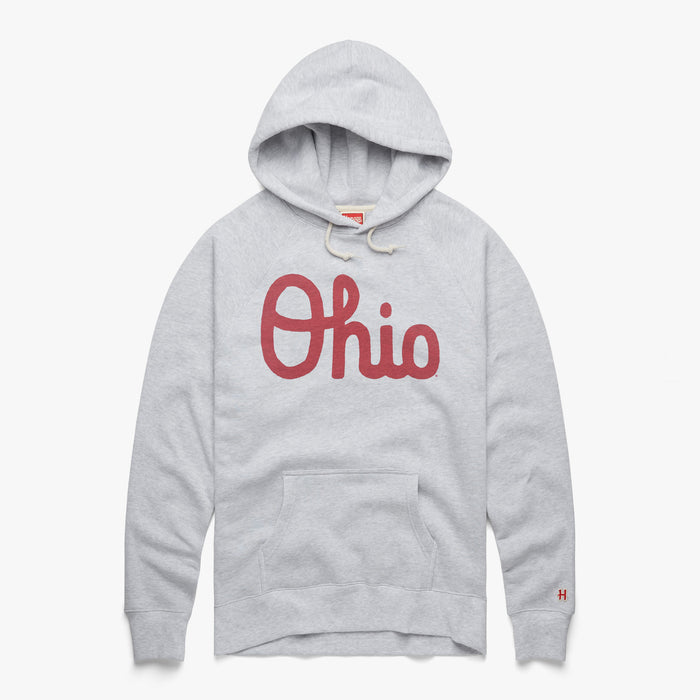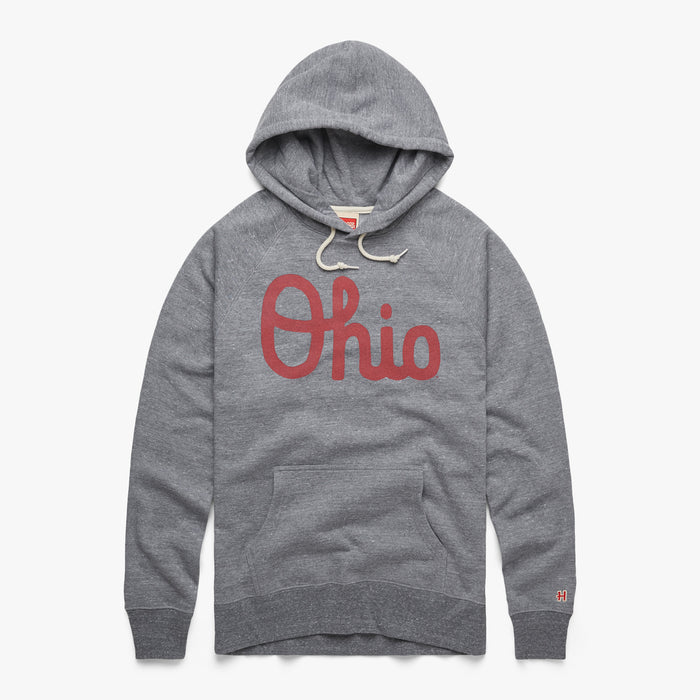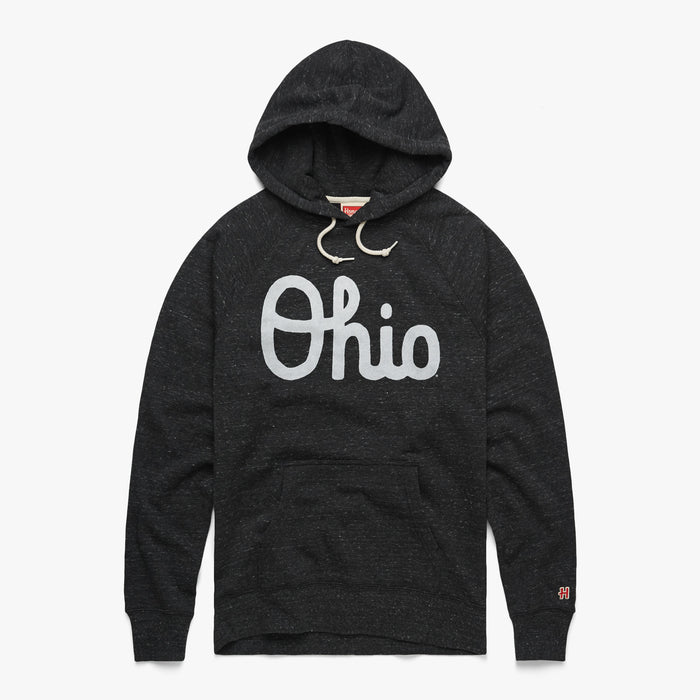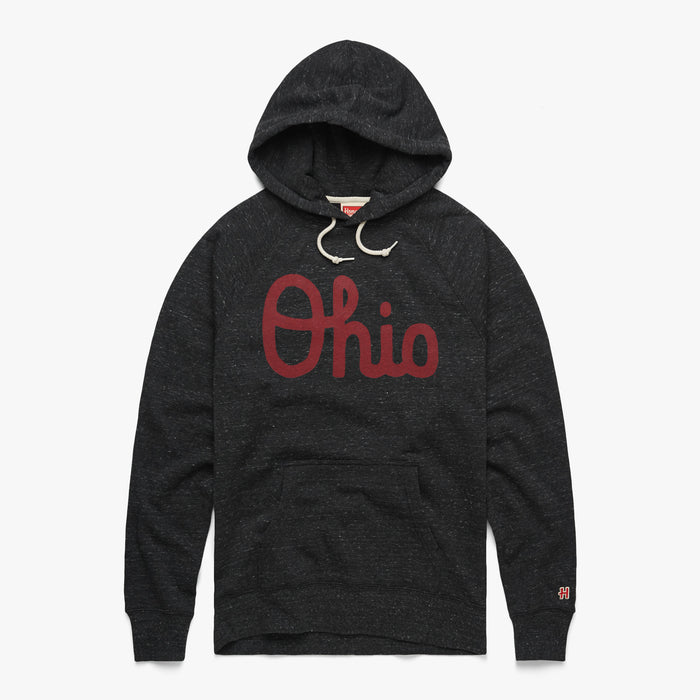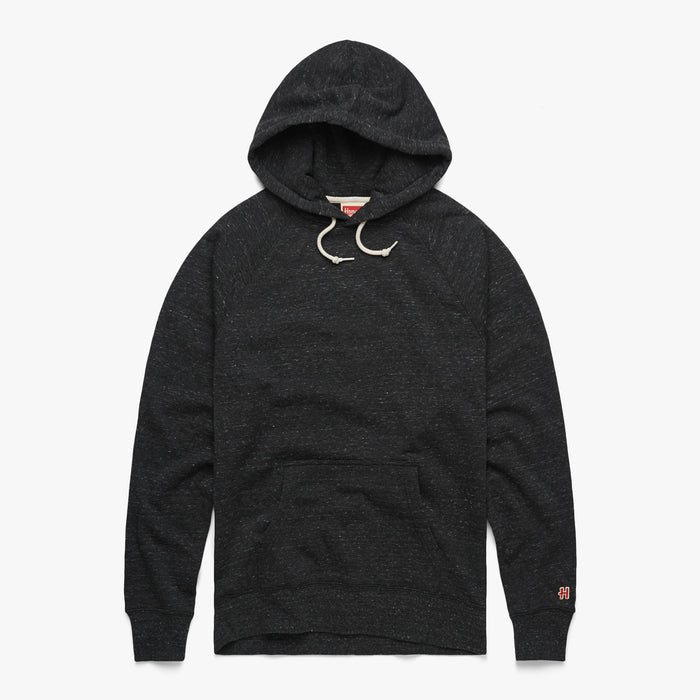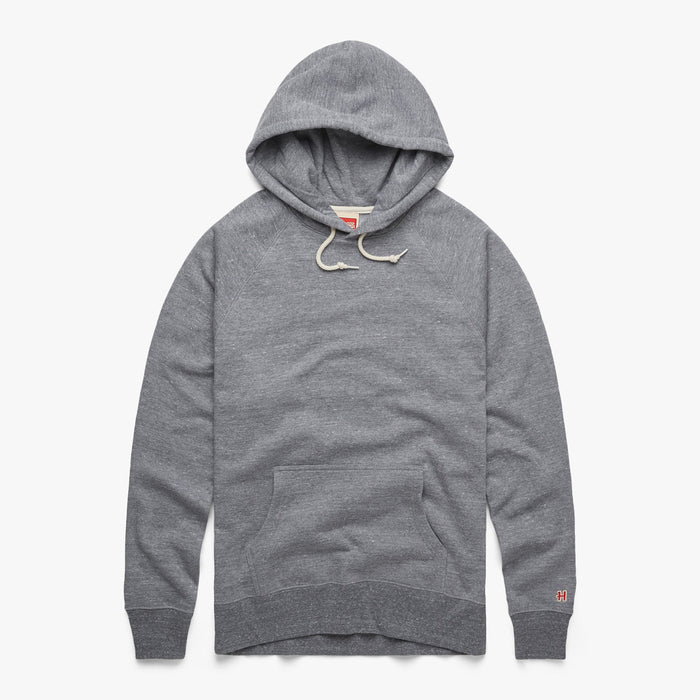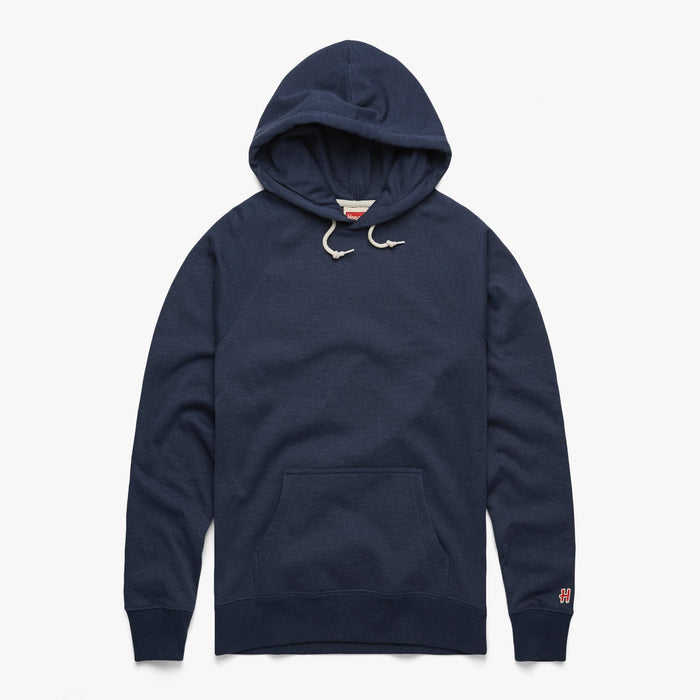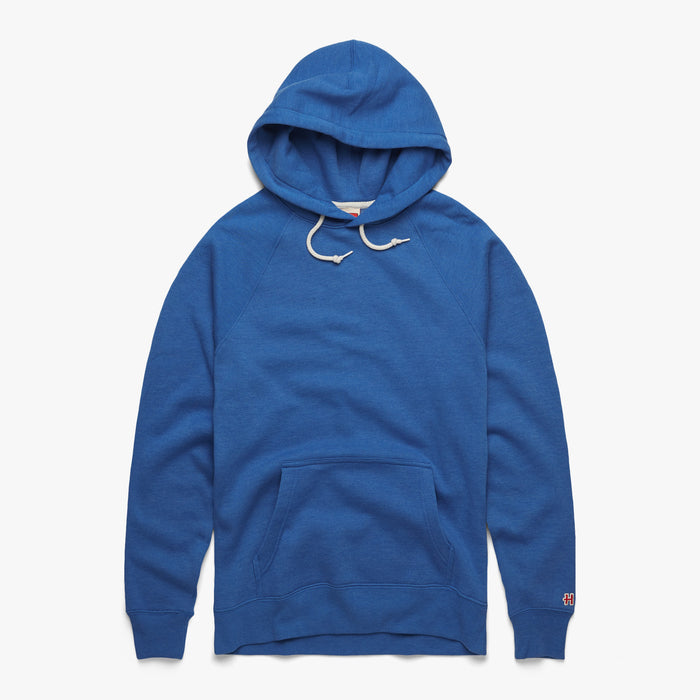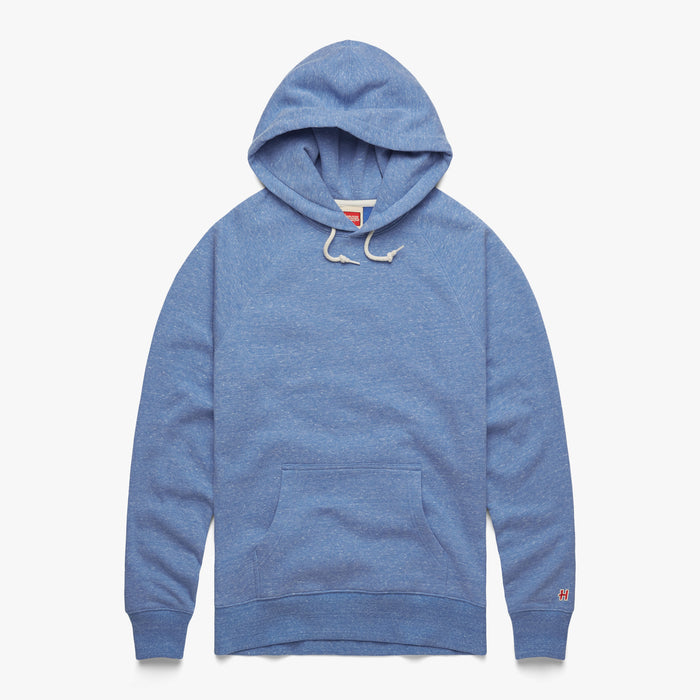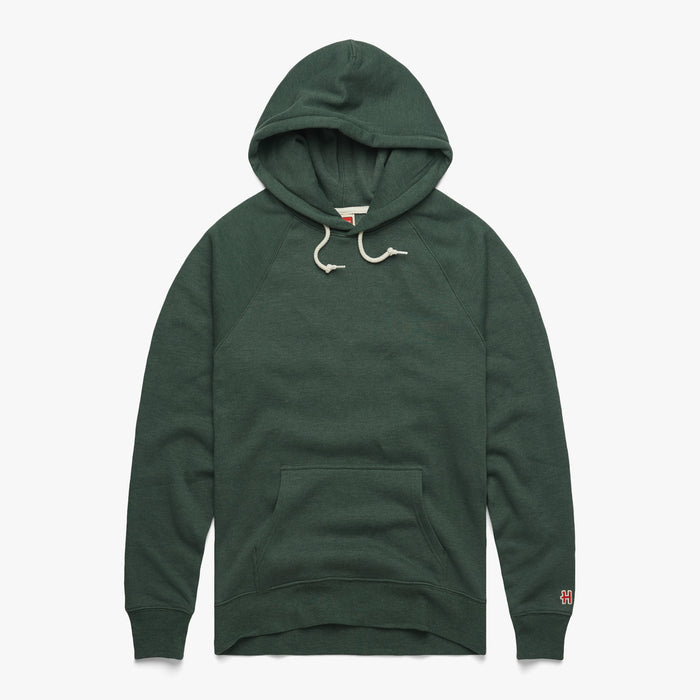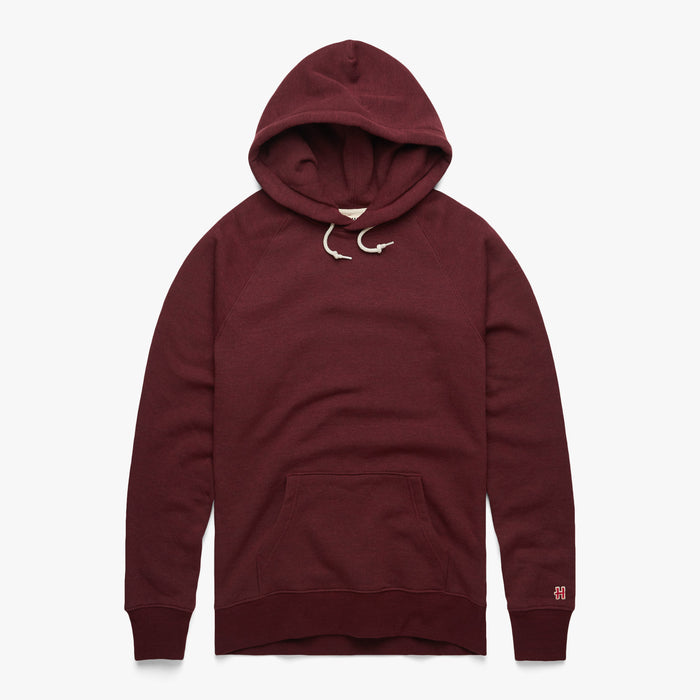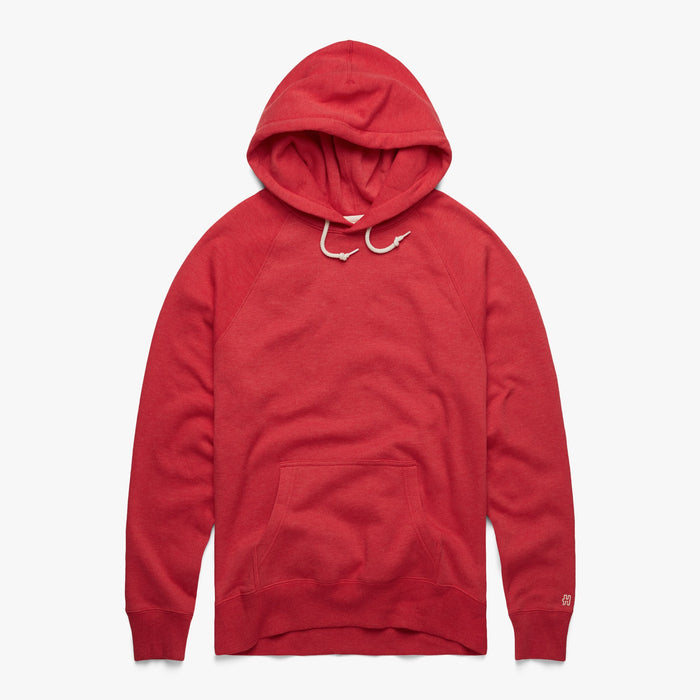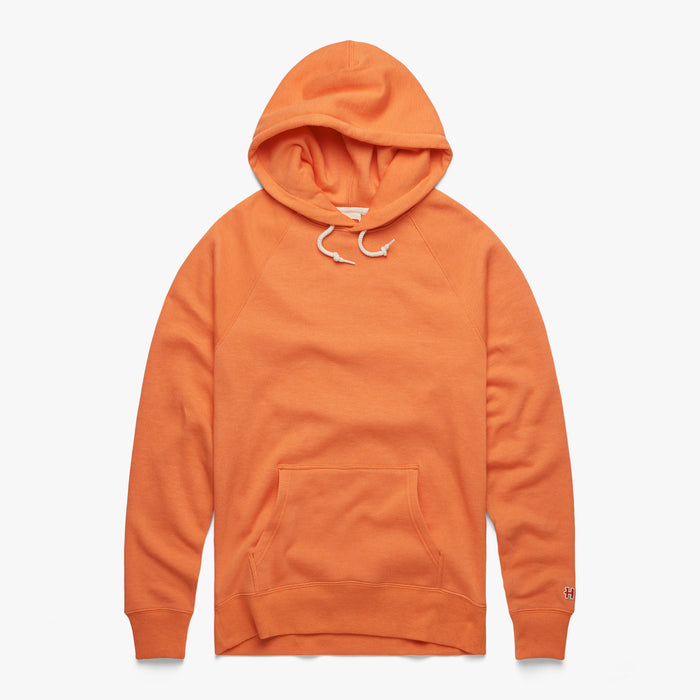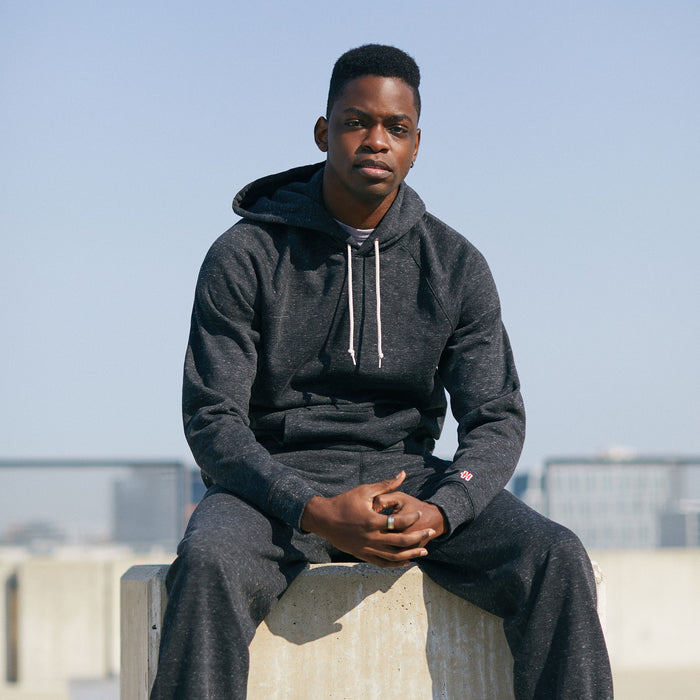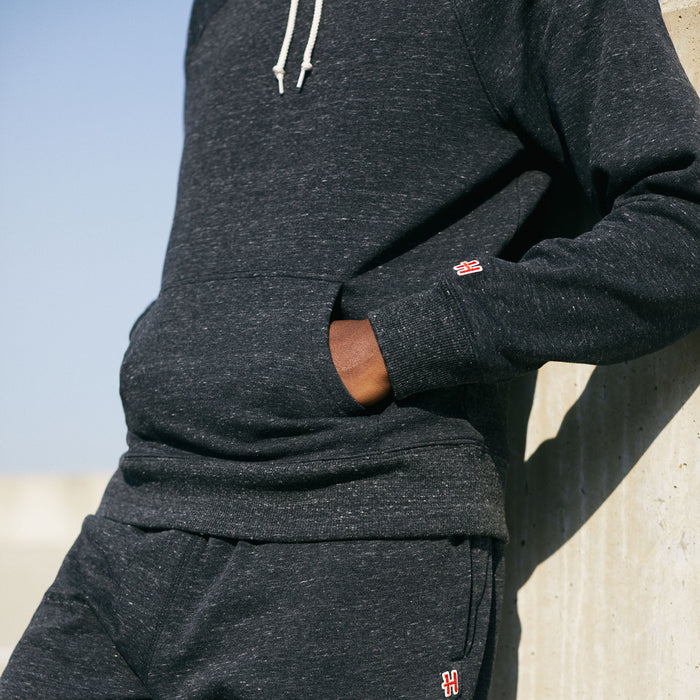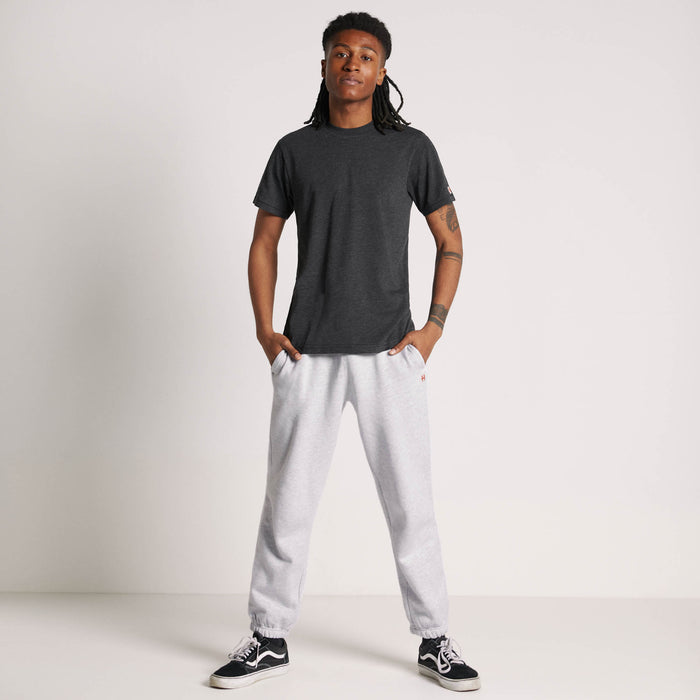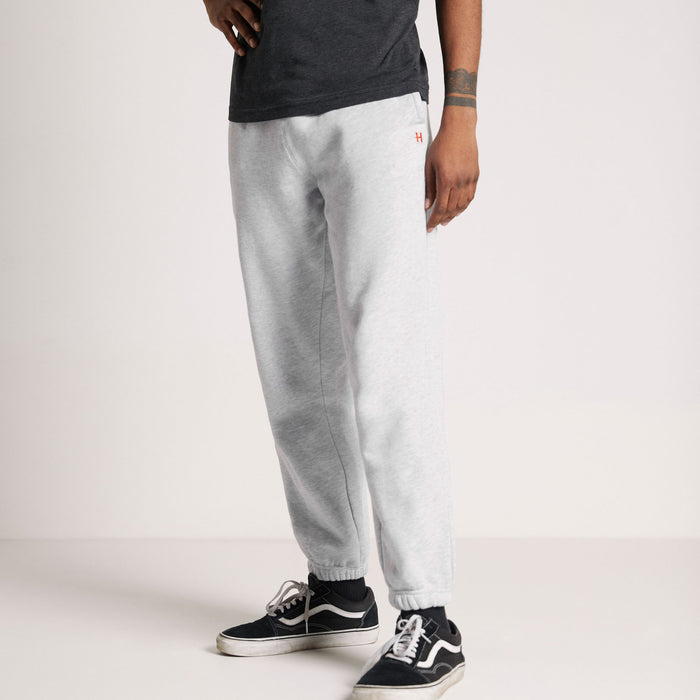
May of 1932 was an especially bleak time in America. Already in the worst economic period in U.S. history, unemployment was continuing to rise, approaching a staggering 25%, and the nation was headed ever closer to the nadir of the Great Depression. Add to that the escalating frustrations with the 12th year of Prohibition and you had a country buckling under disappointment and desperate rage. All of this was no more apparent than in New York New York. The city so nice they named it twice was struggling to finance itself at the same time that bootleggers and mobsters were stealing control of its streets with widespread crime. The mayor at the time, Jimmy Walker—a character straight out of HBO’s “Boardwalk Empire”—couldn’t look past the correlation between Prohibition and the loss of city tax revenue, not to mention the dramatic uptick in crime. Whether Mr. Walker was deflecting attention from his illegal mayoral dealings, actually trying to raise funds and right the city budget, or simply looking to put on a show, he nonetheless organized the Beer for Taxation Parade—known as the We Want Beer Parade—which called for the repeal of the 18th Amendment to the U.S. Constitution.
A brief interlude on the infamous Jimmy Walker: Born in Greenwich Village to Irish Catholic immigrant parents, Jimmy became a quick study in the art of performance, from vaudeville to Broadway, and even made a foray into music with a songwriting credit for the 1905 hit "Will You Love Me in December as You Do in May." Combine his rich affinity for histrionics with a degree from NYU Law, and you have an inimitable foundation for a career in politics. Joining the Democratic party and serving in the State Legislature for 14 years, Jimmy became one of the most beloved men in the city when he legalized boxing statewide and permitted theaters to do business on Sundays. In addition, he advocated for social improvements including the five-cent fare, eight-hour workday for women and tenement safety measures. But he was never one to let his career get in the way of his personal proclivities: attending ritzy speakeasies, gallivanting around town, with and without mistresses, and slicing and dicing backroom government deals that saw his personal bank account swell to hulking proportions.
The consummate performer, Mayor Jimmy Walker knew how to spin stories in a way that captured crowds, so it was no surprise that his offense against Prohibition, the Beer for Taxation Parade, would be one for the history books. By May 14, 1932, the day of the parade, Walker had rallied more than 100,000 thirsty men and women to flood Fifth Avenue. From Olympic idols to military heroes, business leaders to railroad workers, clowns to members of Gold Star Mothers, everyone united behind a singular banner that said it all: We Want Beer! Not only had Mayor Walker initiated the parade in his hometown, he advocated for fellow mayors to do the same in their cities. Across the U.S., Scranton, Pennsylvania to Daytona Beach, Florida, the “We Want Beer” sentiment was voiced by tens of thousands of marchers.

Outside of the large turnout and national exposure, what did Mayor Jimmy Walker’s effort to end Prohibition accomplish? The short, unsatisfying answer is, it’s hard to tell definitively. There’s no argument it put pressure on politicians to develop a plan of action ahead of the Democratic and Republican conventions taking place in June—Prohibition vaulted to the number two concern behind the economy. One man in particular, the Democratic Presidential nominee Franklin D. Roosevelt took special interest in the issue, a pivotal development with him taking office the following year.
For Walker personally, the parade would be one of his last major moments in government action, as he resigned from office less than four months later amidst damning evidence of corruption in his administration. What’s a showman to do when faced with 15 charges of grafting? Exit stage left, of course. Walker followed the script and took off to Europe where he stayed until he was certain he would not face trial. As for Prohibition, the following year, that too disappeared when the 18th Amendment was repealed by the 21st.
Crack open a cold one, and pay homage to the slippery mayor responsible for the parade that set the end of Prohibition in motion with this throwback tee.
